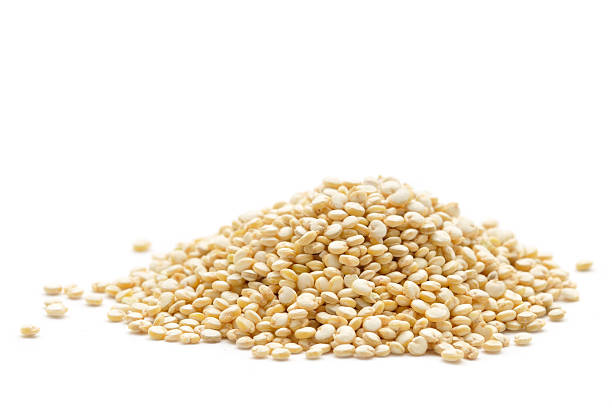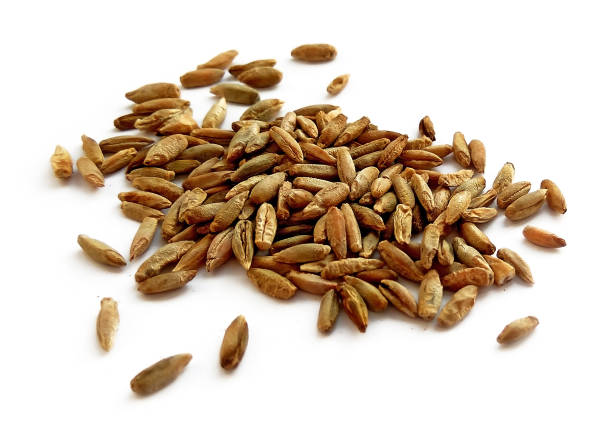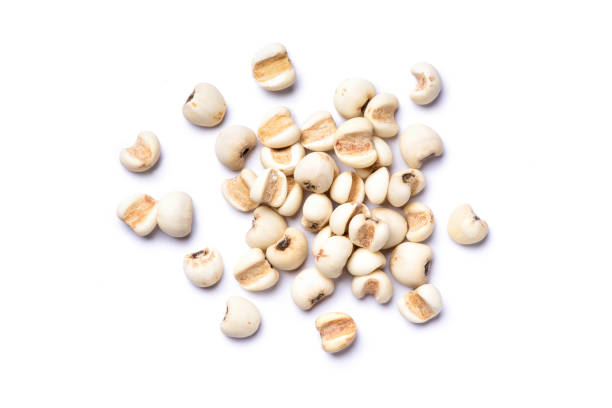Sesame seeds, tiny yet mighty, are often overlooked despite their impressive nutritional profile. These versatile seeds have been cherished for centuries in various cuisines around the world, not only for their rich, nutty flavor but also for their abundance of essential nutrients that promote health and well-being.
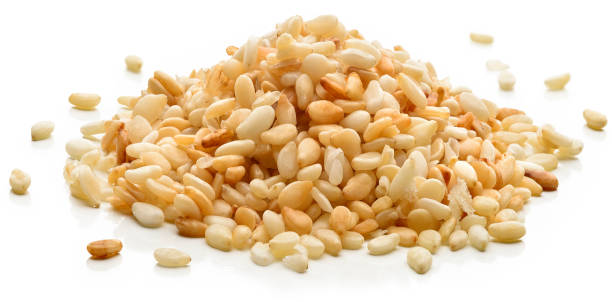
One of the standout features of sesame seeds is their high content of healthy fats, including monounsaturated and polyunsaturated fats. These fats, particularly omega-6 fatty acids, play a crucial role in supporting heart health by reducing LDL (bad) cholesterol levels and lowering the risk of cardiovascular disease. Additionally, the presence of sesamin and sesamolin, two unique compounds in sesame seeds, may have antioxidant and anti-inflammatory properties that further support heart health.
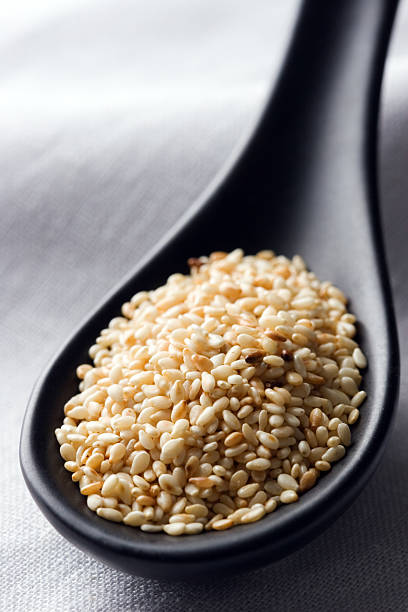
Furthermore, sesame seeds are an excellent source of plant-based protein, containing all nine essential amino acids necessary for muscle growth and repair. Incorporating sesame seeds into a balanced diet can help meet protein needs, especially for individuals following vegetarian or vegan lifestyles. Protein is essential for various bodily functions, including building and repairing tissues, supporting immune function, and regulating hormones.
In addition to healthy fats and protein, sesame seeds are rich in vitamins and minerals, including calcium, magnesium, iron, zinc, and vitamin E. Calcium is crucial for bone health and muscle function, while magnesium supports nerve and muscle function and regulates blood pressure. Iron is essential for oxygen transport in the body, and zinc contributes to immune function and wound healing. Vitamin E is a powerful antioxidant that helps protect cells from damage caused by free radicals and oxidative stress.
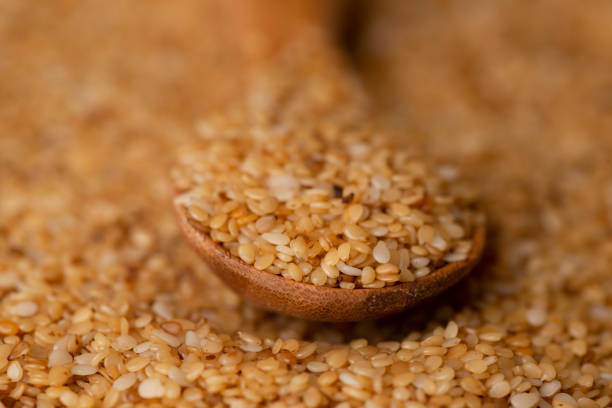
Moreover, sesame seeds contain lignans, plant compounds with estrogen-like properties that may have protective effects against certain cancers, particularly breast and prostate cancers. These lignans also have antioxidant and anti-inflammatory properties, further contributing to the potential health benefits of sesame seeds.

Sesame seeds are also a good source of dietary fiber, both soluble and insoluble, which supports digestive health by promoting regular bowel movements and preventing constipation. Including sesame seeds in one’s diet can help maintain a healthy gut microbiome and may reduce the risk of digestive disorders such as diverticulitis and colon cancer.
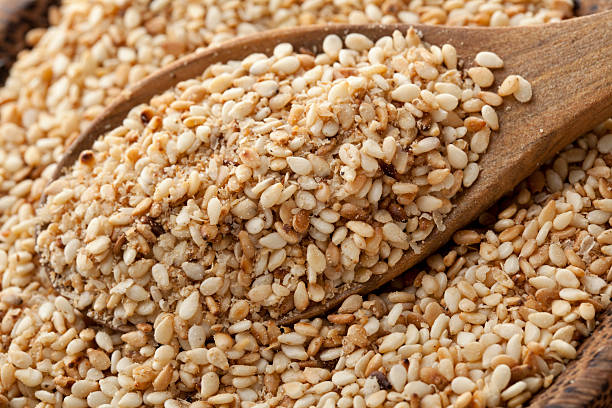
In conclusion, sesame seeds are a nutritional powerhouse packed with essential nutrients, healthy fats, protein, vitamins, minerals, and antioxidants. Whether sprinkled on salads, added to baked goods, or used as a flavor enhancer in various dishes, sesame seeds offer a delicious and nutritious way to boost overall health and well-being. Incorporating these tiny seeds into a balanced diet can provide a range of health benefits and add depth of flavor to culinary creations.


